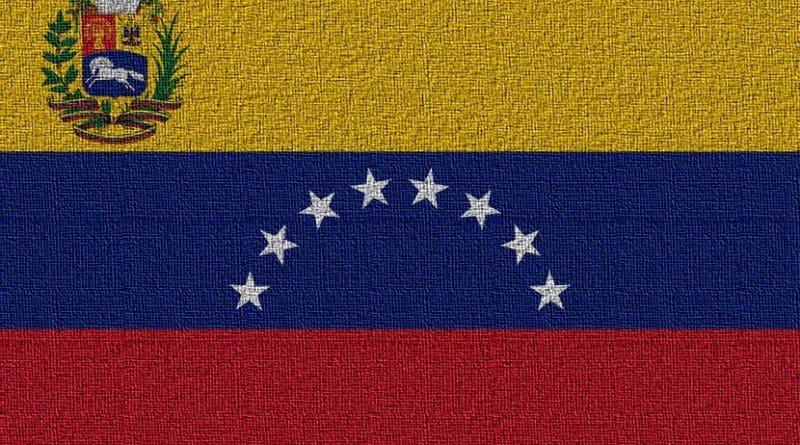Venezuela’s Capriles Has Slim Probability Of Winning Election, According To Report
By CEPR
A new paper from the Center for Economic and Policy Research (CEPR) in Washington, D.C. examines recent polling data on voter preferences in Venezuela’s presidential elections, and finds that challenger Henrique Capriles Radonski has only a slim likelihood of winning Sunday’s vote. The regression results show that the average lead of President Hugo Chávez over challenger Henrique Capriles moves from 11.7 percentage points (unadjusted) to a 13.7 percent (adjusted) lead. This would give Capriles a 5.7 percent probability of winning the election.
“This analysis indicates that the election will not be very close, although of course anything is possible,” CEPR Co-Director Mark Weisbrot said.
Weisbrot noted that there is a wide range of polling results, so that many press reports have used particular polls to present a much closer race than would be indicated by using all of the available data.
The paper, “Adjusting for Polling Biases in Venezuela’s 2012 Presidential Election,” uses polling data from various polling firms in Venezuela over the years 2004-2010 to adjust the most recent polling data for polling firm bias in past elections. According to recent polling of the Venezuelan electorate, incumbent president Chávez is expected to win by an average of 11.7 points—with pollsters reporting results ranging from a 19.7 point victory to a 0.8 point loss. Since not all polls have the same track record over the previous five elections that took place between 2004 and 2010, the CEPR analysis adjusts the various poll results for bias.
The CEPR paper follows poll adjustment analyses by Bank of America’s Francisco Rodriguez, which found Chávez to have a 15.9-point lead, and one by Iñaki Sagarzazu which reported a much closer race of only a six point difference between the candidates.
Since it is illegal in Venezuela to publish polls after September 30, the polls examined include the final polls issued regarding this election.

